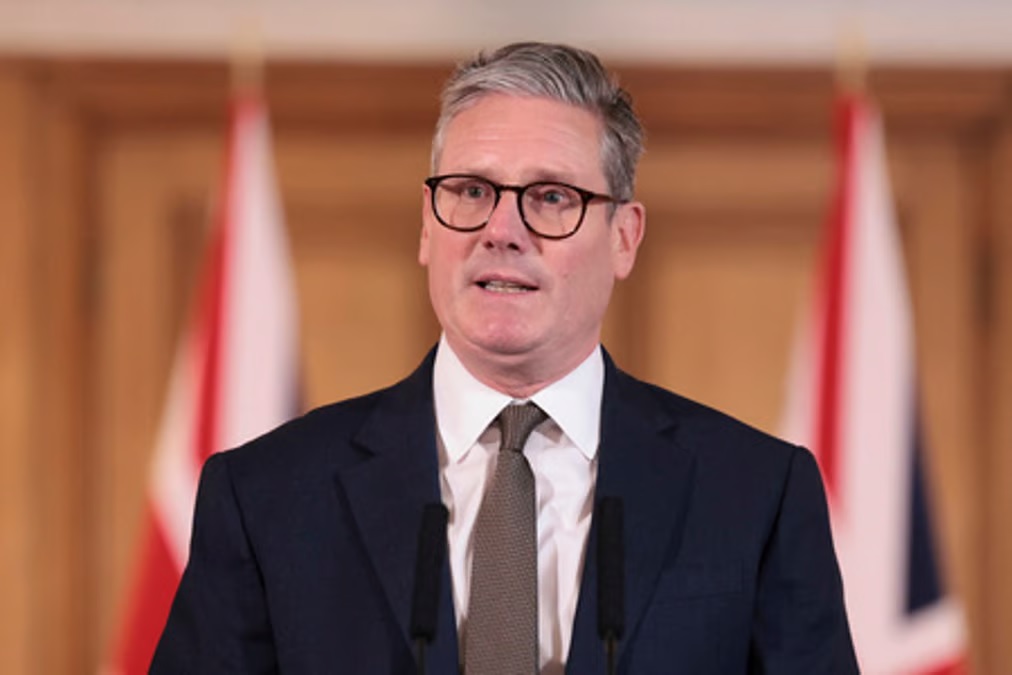
UK debt reaches record levels as government prepares for challenging budget
The United Kingdom’s national debt has reached 100% of its gross domestic product (GDP), marking the highest level since the 1960s. This significant milestone was reported by the Office for National Statistics as the Labour government, elected in July, prepares to address a £22 billion shortfall in public finances.
The economic challenges faced by the UK are linked to the impacts of Brexit, the COVID-19 pandemic, and Russia's invasion of Ukraine. The Labour Party has stressed that the financial situation is even more severe than anticipated, having inherited what it calls the worst economic conditions since World War II from the previous Conservative government.
Chief Secretary to the Treasury Darren Jones emphasized the gravity of the situation, citing the debt level and the "black hole" in the country's finances. To address these challenges, Prime Minister Keir Starmer and Chancellor of the Exchequer Rachel Reeves have indicated that the upcoming budget, to be announced on October 30, will involve difficult decisions, including potential tax increases and cuts to public spending.
Reeves has already confirmed plans to eliminate the £200 annual winter fuel subsidy for 10 million pensioners, while also signaling that tax hikes may be more extensive than initially predicted. Looking forward, government forecasts warn that state debt could nearly triple in the next 50 years due to factors such as an aging population and the impact of climate change.
Stichworte







